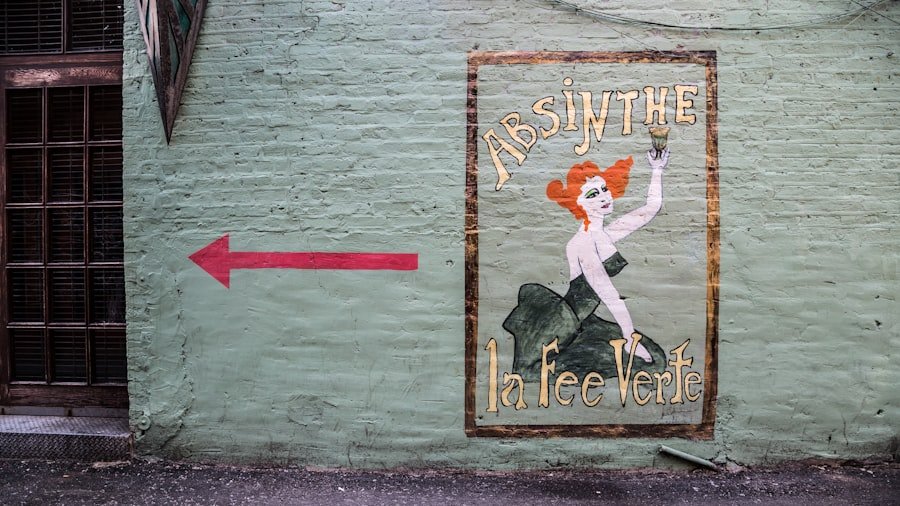Unlocking an iPhone refers to the process of removing the restrictions imposed by a carrier, allowing the device to be used with different mobile networks. When an iPhone is locked, it is tied to a specific carrier, meaning that it can only operate on that carrier’s network. This is a common practice among mobile service providers, as it helps them retain customers and ensure that devices are used in conjunction with their services.
Unlocking an iPhone can provide users with greater flexibility, enabling them to switch carriers, use local SIM cards while traveling abroad, or take advantage of better service plans. The unlocking process can vary depending on the carrier and the specific model of the iPhone. Some carriers offer official unlocking services, while others may impose certain conditions that must be met before they will unlock a device.
For instance, a user may need to have completed their contract or paid off their device in full. Additionally, there are different methods for unlocking an iPhone, including software-based solutions and hardware modifications, though the latter is less common and often not recommended due to potential risks.
Key Takeaways
- Unlocking an iPhone allows it to be used with different carriers and in different countries
- The cost of unlocking an iPhone through the carrier can range from free to a small fee
- Third-party services may charge anywhere from to 0 for unlocking an iPhone
- Factors such as the carrier, model of iPhone, and contract status can affect the cost of unlocking
- Potential risks of unlocking an iPhone include voiding the warranty and security concerns
- Alternatives to unlocking an iPhone include using a dual SIM adapter or purchasing a pre-unlocked phone
- Check with your carrier to determine if your iPhone is eligible for unlocking
- Save money on unlocking by checking for carrier promotions, using third-party services, or buying a pre-unlocked phone
The cost of unlocking an iPhone through the carrier
Eligibility for Free Unlocking
When unlocking an iPhone through a carrier, it’s essential to understand that many carriers do not charge a fee for this service, provided that certain conditions are met. For example, if a user has fulfilled their contract obligations or has paid off their device in full, they may be eligible for a free unlock.
Fees and Contract Terms
However, some carriers may impose a fee if the device is still under contract or if it has not been paid off completely. This fee can vary significantly depending on the carrier and the specific terms of the contract. In some cases, carriers may also have promotional offers or loyalty programs that can influence the cost of unlocking.
Understanding Costs Upfront
It is advisable for users to contact their carrier directly to inquire about any potential fees and the specific requirements for unlocking their device. Understanding these costs upfront can help users make informed decisions about whether to pursue unlocking through their carrier or explore alternative options.
The cost of unlocking an iPhone through a third-party service

Third-party unlocking services have become increasingly popular as an alternative to carrier unlocking. These services typically charge a fee for their assistance in unlocking an iPhone, which can range from $20 to $150 or more, depending on various factors such as the model of the iPhone and the complexity of the unlocking process. While some users may find this option appealing due to its convenience and speed, it is crucial to approach third-party services with caution.
One of the primary advantages of using a third-party service is that they often provide quicker turnaround times compared to carriers. Many third-party unlockers can process requests within hours or even minutes, whereas carrier unlocks may take several days. However, users should be aware that not all third-party services are reputable. It is essential to conduct thorough research and read reviews before selecting a service provider. Additionally, some third-party unlocks may void warranties or lead to other complications, so users should weigh these risks against the potential benefits.
Factors that may affect the cost of unlocking an iPhone
| Factors | Description |
|---|---|
| iPhone Model | The cost of unlocking may vary depending on the specific model of the iPhone. |
| Carrier Lock | If the iPhone is locked to a specific carrier, the cost of unlocking may be higher. |
| Contract Status | If the iPhone is still under contract, there may be additional fees for unlocking. |
| IMEI Status | If the iPhone’s IMEI is blacklisted or reported as lost or stolen, unlocking may not be possible or may incur extra costs. |
| Third-Party Services | Using third-party services for unlocking may have different costs and risks. |
Several factors can influence the cost of unlocking an iPhone, whether through a carrier or a third-party service. One significant factor is the model of the iPhone itself. Newer models tend to have more advanced security features and may require more complex unlocking procedures, which can drive up costs.
For example, an iPhone 14 may be more expensive to unlock than an older model like the iPhone 8 due to differences in technology and security protocols. Another factor that can affect unlocking costs is the carrier’s policies. Different carriers have varying rules regarding unlocking devices, including eligibility criteria and associated fees.
Some carriers may offer free unlocks under specific conditions, while others may charge a flat fee regardless of circumstances. Additionally, geographic location can play a role; certain regions may have more competitive pricing for third-party unlocking services due to market demand and availability.
The potential risks of unlocking an iPhone
While unlocking an iPhone can provide numerous benefits, it is not without its risks. One significant concern is that using unauthorized third-party services can lead to complications such as software malfunctions or security vulnerabilities. If an unlock is not performed correctly, it could result in a bricked device—meaning it becomes inoperable—or lead to issues with future software updates.
Users should be particularly cautious about using services that promise quick fixes without proper verification. Moreover, there are legal implications associated with unlocking devices in certain jurisdictions. While many countries allow users to unlock their phones legally, others have stricter regulations that could result in fines or other penalties for unauthorized unlocking attempts.
Additionally, if a user unlocks their device and then experiences issues with their carrier—such as being unable to access certain features or services—they may find themselves without support from their original provider.
Alternatives to unlocking an iPhone

For those who are hesitant about unlocking their iPhones due to potential risks or costs, several alternatives exist that can provide similar benefits without requiring an unlock. One option is to use international roaming plans offered by many carriers. These plans allow users to maintain their existing service while traveling abroad without needing to switch SIM cards or unlock their devices.
Another alternative is purchasing a prepaid SIM card from local providers when traveling internationally. This option allows users to access local networks without needing to unlock their phones. Prepaid SIM cards are often available at airports or local shops and can provide significant savings compared to international roaming fees.
Additionally, some carriers offer flexible plans that allow users to add temporary lines for travel purposes without committing to long-term contracts.
How to determine if your iPhone is eligible for unlocking
Determining whether an iPhone is eligible for unlocking involves checking several key factors related to the device’s status with its carrier. First and foremost, users should verify whether they have fulfilled any contractual obligations associated with their device. This includes ensuring that any installment payments have been completed and that there are no outstanding balances on the account.
Users can also check their carrier’s specific eligibility requirements for unlocking devices. Most carriers provide detailed information on their websites regarding what conditions must be met for an unlock request to be approved. This may include factors such as account standing, duration of service with the carrier, and whether the device has been reported lost or stolen.
By gathering this information beforehand, users can streamline the unlocking process and avoid unnecessary delays.
Tips for saving money on unlocking an iPhone
For those looking to save money on unlocking their iPhones, several strategies can be employed. First, it is advisable to start by contacting the carrier directly to inquire about any potential fees associated with unlocking. Many carriers offer free unlocks under specific conditions, so understanding these requirements can help users avoid unnecessary costs.
Additionally, users should consider timing their unlock requests strategically. Some carriers may run promotions or special offers that could reduce or eliminate fees during certain periods. Keeping an eye on these promotions can lead to significant savings.
Furthermore, researching third-party services thoroughly can help users find competitive pricing options while ensuring they choose reputable providers. Lastly, users should also explore online forums and communities where individuals share their experiences with unlocking devices. These platforms can provide valuable insights into cost-effective methods and recommendations for trustworthy services.
By leveraging these resources and being proactive in their approach, users can navigate the unlocking process more efficiently and economically.
If you are wondering about the cost of unlocking an iPhone, you may also be interested in learning how to retrieve pictures from a broken iPhone. This article provides helpful tips and tricks for recovering photos from a damaged device. It’s always important to know how to access important data from your iPhone, especially in unexpected situations.










